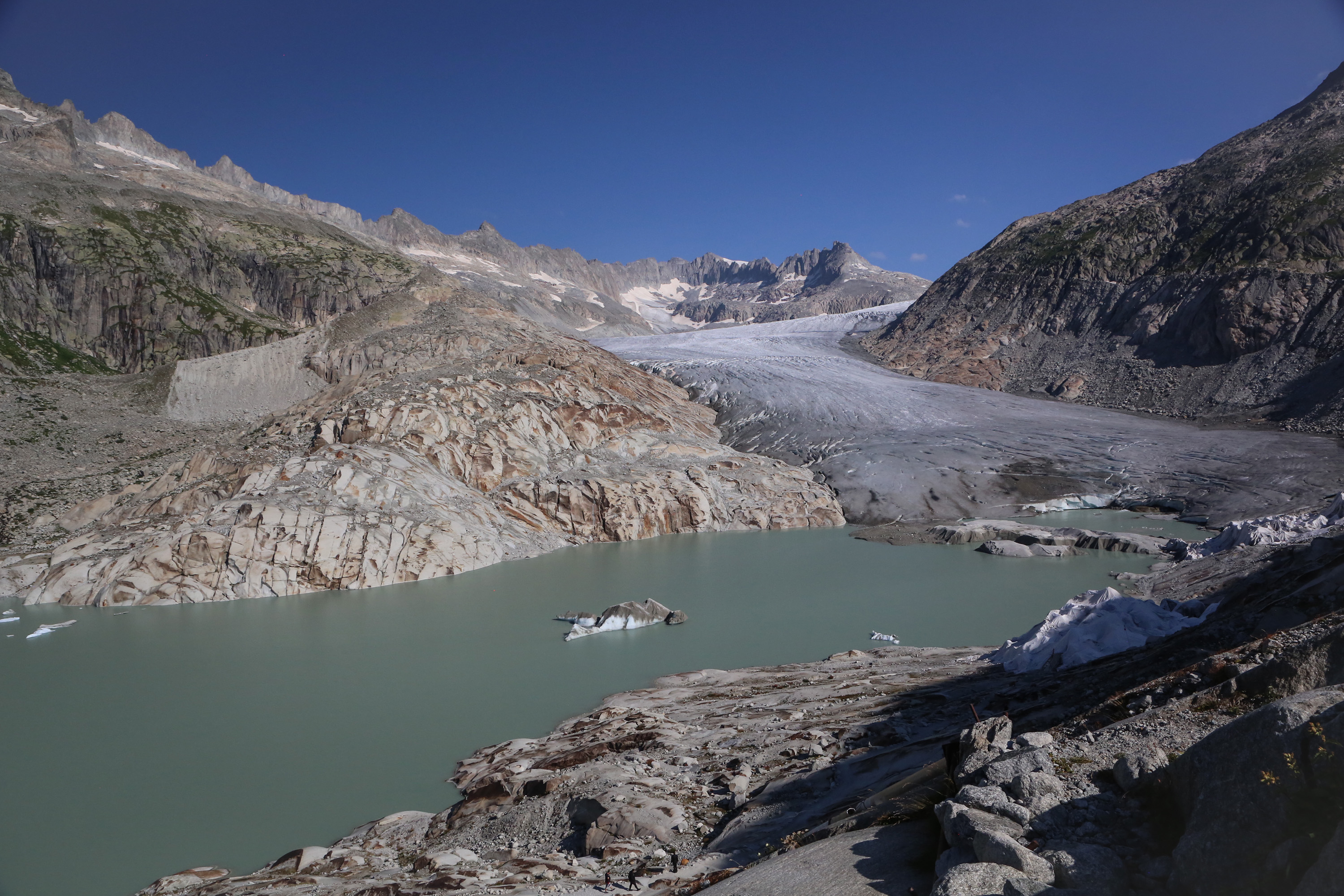Fungal research set to mushroom in Switzerland

Swiss mushroom-lovers have announced plans to open an international centre of mycology at Cernier in canton Neuchatel.
The centre will serve both the academic community in Switzerland and abroad as well as making the mystery and magic of mushrooms more accessible to a wider public. The project is expected to cost SFr10 million ($5.9 million).
Parliamentarian Michèle Berger-Wildhaber from Neuchatel, president of the fund raising committee, told swissinfo that fungi play an important role in our lives.
“Nowadays, less and less people are interested in mushrooms and yet they’re present all around us,” she said.
So mysterious
“They can be used for cooking and as a medicine. They can be found in homes – in bathrooms and even in dust. And, of course, they can be extremely dangerous because they can be hallucinogenic. Because they’re so mysterious, that’s reason enough to study them.”
The first stage of the project will cost SFr6 million and will allow the building to be operational. With SFr4.5 million already promised, fundraisers are now looking for private investors.
“The centre has two purposes,” said Berger-Wildhaber. “There’s a scientific goal which will benefit researchers. We’re going to put the laboratories at the disposal of the University of Neuchatel for scientists from Switzerland or abroad to study mushrooms. And we’re going to hopefully set up a mushroom network with Zurich University and the Federal Institutes of Technology.
“The second aim is to make information more widely available to members of the public.”
Switzerland is something of a fungal jungle. Besides the professionals – and the university of Neuchatel boasts some very eminent mycologists – mushrooming is an important hobby in Switzerland with some 700 active local groups.
by Vincent Landon

In compliance with the JTI standards
More: SWI swissinfo.ch certified by the Journalism Trust Initiative








You can find an overview of ongoing debates with our journalists here . Please join us!
If you want to start a conversation about a topic raised in this article or want to report factual errors, email us at english@swissinfo.ch.